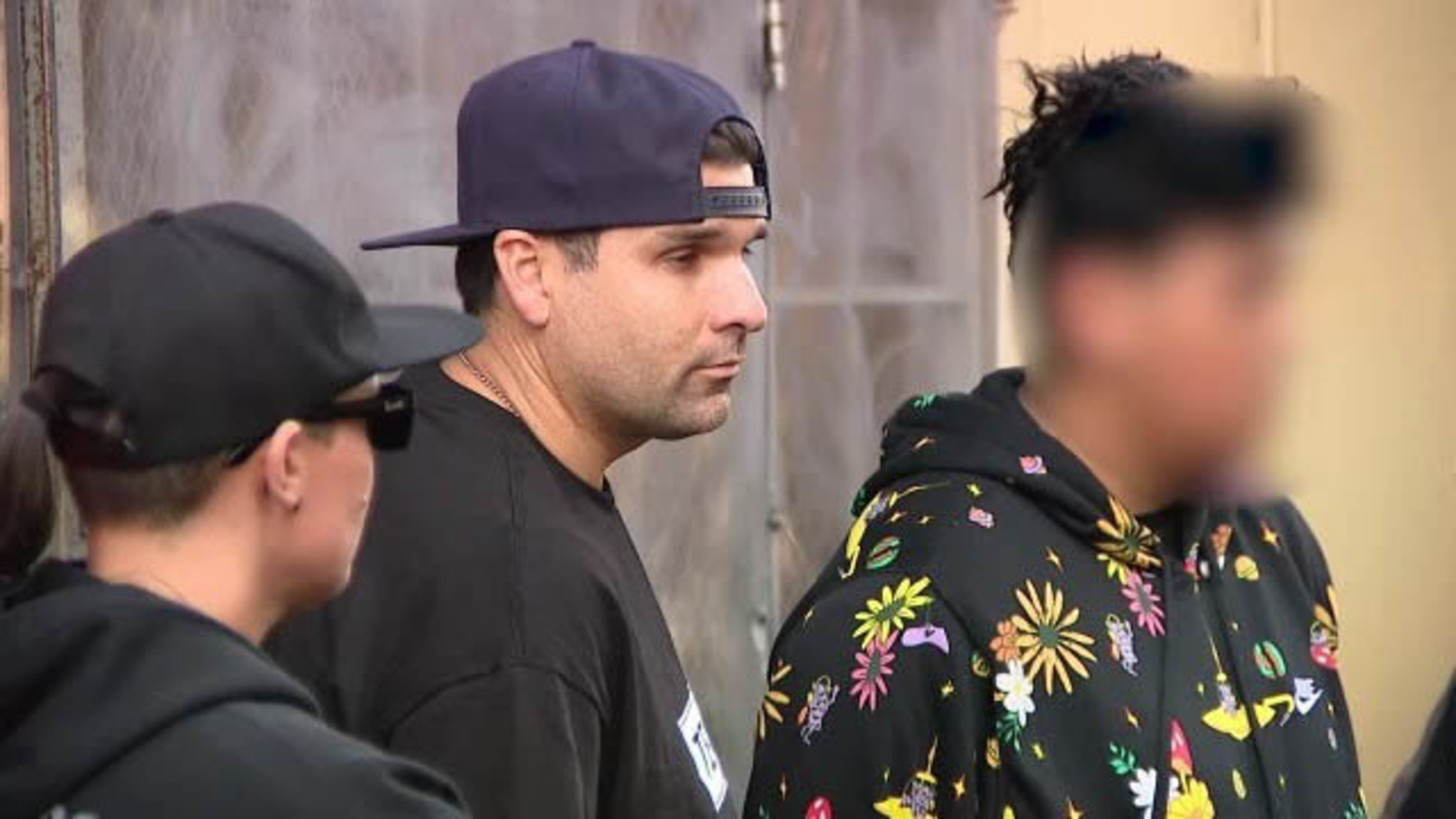Two years after a group of San Francisco police officers were found to have exclusively targeted Black people suspected of dealing drugs in the Tenderloin, one of those officers has again been accused of racially biased enforcement.
And the chief of police is now defending him.
In reaction to a story reported by The Standard in late August, SFPD Chief Bill Scott publicly defended the actions of Sgt. Daniel Solorzano, who has been accused in court filings of targeting only Latinos in a series of drug busts.
Defense attorneys claim the arrests violate the Racial Justice Act, a law passed in 2020 that prohibits the state from criminally convicting a person based on race or ethnicity.
“As long as our officers arrest drug dealers in accordance with San Francisco Police Department policy, California law, and the Constitution,” Scott said, “I will support them, and I will defend their work. I ask the public to do the same.”
Drug abuse and drug dealing is a central focus of the department’s enforcement efforts, he added, and Solorzano’s enforcement reflected that priority.
Solorzano did not respond to The Standard’s requests for comment.
In his statement issued Friday, Scott named neither Solorzano nor The Standard, which first reported about defense attorneys’ concerns about Racial Justice Act violations brought up in a court hearing about the case late last month.
If the judge in the case finds that Solorzano did violate the state law, the officer could lose his job. It could also open up an opportunity for defendants arrested by Solorzano to contest their charges and convictions under the Racial Justice Act, which gives the accused the ability to challenge their prosecution if they can show it was based on racial bias.
Scott’s defense of Solorzano was echoed by the Police Officers’ Association, which took to Twitter to accuse the San Francisco Public Defender’s Office of using the race card to gain leniency for accused drug dealers.
“Racism! The new trick criminal defense attys are grasping to get Tenderloin fentanyl dealers off the hook,” the union tweeted. “These dealers are killing people. Their product is turning the rest into zombies.”
The POA and Scott’s defense of one of their own comes after years of reform efforts prompted by a federal inquiry into the department’s practices and ongoing racial disparities in enforcement.
Critics of the department see the recent case as one more example of its failure to turn itself around.
John Crew, a former ACLU lawyer who has paid close attention to the department for decades, called it another example of the department ignoring issues within the ranks.
“The decision has been made that the chief is going to aggressively back up and support his officers in the face of bad press—regardless of the underlying merits of the story or accusation,” Crew said.
Kevin Ortiz, the SF Latinx Democratic Clubs vice president of political affairs, said the actions of Solorzano and the chief’s defense of him are an example of the “SFPD not even recognizing their own internal biases.”
Solorzano’s Track Record on Race
In 2020 the city settled a lawsuit filed by seven Black women and men who had been arrested by a group of officers as part of a crackdown called Project Safe Schools, which targeted repeat drug sellers who operated within 1,000 feet of a school.
From 2013 to 2014, police arrested 37 people in the Tenderloin operation—and even though multiple races and ethnicities were detained, all those ultimately arrested were Black.
The city paid $225,000 to settle the lawsuit brought by the ACLU on behalf of seven of those arrestees, whose attorneys managed to get access to video and audio that backed up their claims.
Twelve cases were dropped when the court affirmed the evidence showed racially biased policing. In once case an officer was recorded saying “fucking BMs,” in a body worn camera footage that depicted a group of Black men.
One of the officers involved in the ongoing sting operation was identified as Solorzano.
“This same officer,” Ortiz remarked, “who is now being accused of racially profiling Latinos.”
